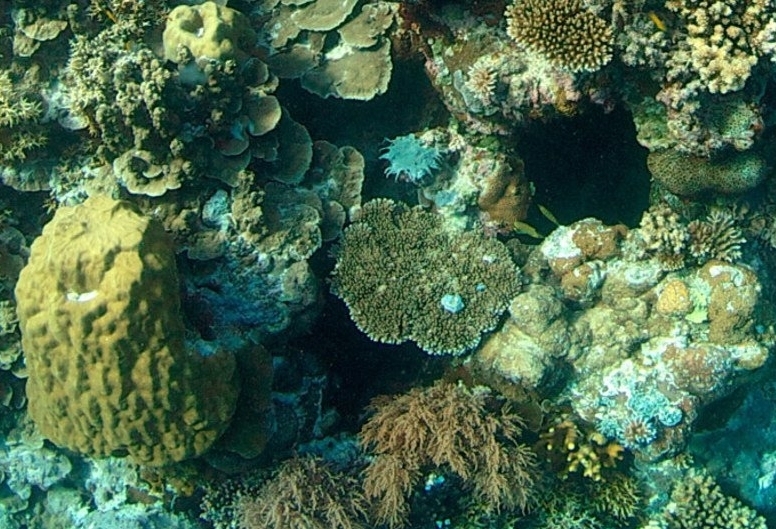



UNESCO launches emergency plan to boost World Heritage-listed reefs’ resilience

Baku, April 15, AZERTAC
All World Heritage-listed reefs are at risk of disappearing by the end of this century. On the occasion of the Our Ocean Conference in Palau, Audrey Azoulay, UNESCO Director-General, announces an emergency plan to give them the best chance of survival, with the support of the Global Fund for Coral Reefs. She also calls for an international mobilization to prevent coral reef extinction.
UNESCO World Heritage coral reefs cover over half a million km2 worldwide – the equivalent of the size of France – exhibiting exceptional biodiversity. They play a critical role in absorbing carbon emissions and protect coastlines from storms and erosion. Over a hundred indigenous communities are directly dependent on them for their subsistence. Moreover, they serve as reference points on the impacts of climate change affecting reefs everywhere.
But the scientific data concerning these coral reefs is now very alarming. Reefs are bleaching far more rapidly than the initial science suggested. These ‘bleached’ corals are highly vulnerable to starvation and disease and have an increasingly high mortality rate. This year, for the first time, mass coral bleaching also occurred in a traditionally cooler, La Niña period. Under the current emissions scenario, all World Heritage-listed reefs are at risk of disappearing by the end of this century.
Warming ocean temperatures, due to global CO2 emissions, are the biggest threat to coral reefs globally. The latest Intergovernmental Panel on Climate Change (IPCC) data confirms that States must drastically reduce carbon emissions to meet the targets under the Paris Agreement concluded in 2015. But most coral reefs also face a mix of local pressures, such as pollution, overfishing, or habitat destruction. UNESCO is mobilizing its resources and its partners to reduce local pressures and give coral reefs their best chance of survival in this rapidly changing environment.
“On the occasion of the Our Ocean Conference in Palau, I call for an international mobilization to prevent coral reef extinction and announce a strong contribution from UNESCO: an emergency plan to boost the resilience of World Heritage-listed reefs, in particular those in developing countries. UNESCO is partnering with the Global Fund for Coral Reefs to help finance this commitment,” announced Audrey Azoulay, UNESCO Director-General.
The partnership between UNESCO and the UN-led private/public Global Fund for Coral Reefs will step up investment for climate resilience strategies across World Heritage-listed reefs in developing countries. The actions will focus on reducing local drivers of degradation, strengthening the sustainable management of marine protected areas and supporting local communities. The partnership will explore joint opportunities for prioritization of support to the 19 out of 29 World Heritage-listed reefs are located in developing countries.
“Global warming means that local reef conservation practices are no longer enough to protect the world's most important reef ecosystems. But a healthy, resilient reef can regenerate after a bleaching incident and survive,” explained Fanny Douvere, Head of Marine Program at the UNESCO World Heritage Centre.
This new large-scale plan will build on the successful Resilient Reefs Initiative launched by UNESCO and partners at the previous Our Ocean Summit in 2018. For the past four years, they have worked on 4 World Heritage reef pilot sites in Australia, Belize, France (New Caledonia) and Palau. The Resilient Reefs Initiative demonstrates that local pressures can be reduced through active intervention and that empowering local communities helps them to adapt their income and livelihoods to the changing realities.
Emperor penguins lost thousands of chicks to melting ice last year
From Death Valley to the Swiss Alps, extreme weather records hit new heights
Magnitude 5.0 quake jolts Azerbaijan’s Masalli-Jalilabad administrative border